A History of Care
HopeLink Behavioral Health (formerly, PRS Inc.) has provided comprehensive and specialized support to individuals living with behavioral and mental health challenges, regardless of their age or background, for more than 60 years. We’re proud of our long history and culture of delivering outstanding services to organizations and an unwavering commitment to individuals and families.
60 Years of Compassion, Commitment, and Care
HopeLink, Then and Now – Our Journey from The Social Center to HopeLink Behavioral Health
The Northern Virginia Mental Health Association instituted a social program to assist recently discharged patients from Western State Hospital. Vera Mellen developed the program with government assistance and transitional funding from the Service League of Northern Virginia (now, the Junior League of Northern Virginia). The program evolved into a clubhouse, where participants (then, called members) could be more than just patients in a clinic.
The program was incorporated in Virginia as a 501(c)3 nonprofit organization and was officially named The Social Center.
The Board of Directors opened the first satellite program in Mt. Vernon.
A third center opened in the Springfield, Virginia area. By this year, the original program had grown from serving fewer than a dozen individuals with one staff member and a few volunteers to an agency serving over 300 individuals with a professional staff of 19.
The two satellite programs in Mt. Vernon and Springfield combined in a Fairfax South County facility.
The Board of Directors decided to change the name from The Social Center to The Social Center of Psychiatric Rehabilitation, known more informally as the Social Rehab Center.
The agency provided a range of rehabilitative skill training and support services including vocational, educational, case management, recreational, and other services to over 400 individuals.
The agency opened another center, the Reston-Faraday Clubhouse, with support from the Fairfax-Falls Church Community Services Board (CSB).
The Board of Directors endorsed an agency-wide effort to “Secure the Future” which included the adoption of new Mission, Vision, and Values statements, as well as increased fundraising efforts. Efforts included a direct mail “Friendship Campaign” appeal, affiliation with the United Way of the National Capital Area, the highly successful annual Kentucky Derby Party, and a continuous examination and improvement of the agency’s strategic plan.
The Board changed the agency’s name to Psychiatric Rehabilitation Services to better reflect the ever-changing scope and nature of program activities. Later, the formal name was shortened to PRS.
Founder Vera Mellen retired after 35 years, and Wendy Gradison was hired to succeed her as CEO.
PRS opened an Intensive Supported Housing Program, providing a non-time-limited residence with 24/7 staffing for eight individuals who needed full-time, intensive support. The new program expanded PRS’ existing Community Housing Program of four townhomes (two of which were opened in 1994 and two in 1995) to offer housing and daytime support to a total of 12 individuals.
PRS formalized the utilization of the Choose-Get-Keep Model of supported employment and numbers served continued to grow along with successful program outcomes. By 2013, Employment Services served 502 individuals. A remarkable 89% of individuals receiving Employment Services who were employed on July 1, 2012 retained their employment for 12 months or longer.
PRS consolidated the PRS Reston and PRS Falls Church Day Programs into PRS Tysons.
PRS Board of Directors and Leadership Team launched an extensive, two-year Strategic Planning effort. A metrics-based method of service evaluation was developed.
An agency-wide balanced scorecard provided strategic measures by which the Leadership Team evaluated and improved its customer service delivery, financial stability, infrastructure processes and systems, and employee well-being and satisfaction.
PRS Board of Directors expanded the populations served to include persons with emotional and/or behavioral disorders irrespective of a diagnosis of mental illness. Thus, PRS began providing services to individuals with mild intellectual disabilities, substance use disorders, and pervasive developmental disorders, including persons with Autism Spectrum Disorders.
PRS was named by The NonProfit Times as one of the 50 Best Nonprofits to Work For in the United States. PRS has since received this recognition more than 13 times.
177 individuals were receiving services through PRS Community Support Services (formerly called Home-based Support Services). 100% of individuals served in the Community Support and Community Housing program remained in their housing, avoiding eviction and homelessness.
PRS and CrisisLink merged to transform the delivery of mental health services in response to the community’s growing needs and the changing mental health landscape. PRS CrisisLink is now a core program of PRS, delivering crisis intervention and suicide intervention services across Virginia and nationally.
PRS CrisisLink received a five-year accreditation from the American Association of Suicidology, the highest level possible.
PRS refreshed its logo and tagline after 55 years.
PRS Headquarters and Fairfax Recovery Academy moved to new locations.
PRS CrisisLink was selected as a Core Chat Center and National Back-up Center by the National Suicide Prevention Lifeline (NSPL), expanding its service footprint nationally.
PRS Chief Executive Officer, Wendy Gradison, retired after 22 years of service. PRS Chief Operating Officer, Joseph Getch, was selected as PRS’ next CEO.
PRS initiated the COVID Behavioral Health Fund to support persons served during the pandemic.
PRS began providing Family Peer Support Partner (FPSP) services, supporting families with children with mental health and substance use disorders.
PRS partnered with local nonprofit Access Hope to provide outpatient mental health services to uninsured individuals in the community.
PRS CrisisLink was awarded contracts to operate as the Regional Crisis Call Center in four of Virginia’s five Health Planning Regions.
PRS expanded fundraising efforts by establishing the Corporate Partner Program and an annual Golf Tournament.
In response to the COVID-19 pandemic, PRS pivoted and successfully held its annual fundraising benefit, Imagine Hope, virtually.
PRS earned renewed, three-year CARF (Commission on the Accreditation of Rehabilitation Facilities) accreditation.
PRS Chief Clinical Officer, Mary Brown, retired after 35 years. PRS Director of Community Support Services, Laura Fonner, was selected as PRS’ next Chief Clinical Officer.
PRS made the strategic decision to begin serving adolescents, recognizing the importance of creating an age-appropriate continuum of services to facilitate transition to adult services.
PRS changed its name and rebranded to HopeLink Behavioral Health.
HopeLink launched the Transition to Independence Process (TIP) Program to support individuals between the ages of 14 and 29 with emotional and behavioral disorders – facilitating transition to adulthood.
HopeLink further expanded its role in the 988 Suicide and Crisis Lifeline network on a national level by becoming a 988 LGBTQIA+ Chat/Text center.
HopeLink expanded its mental health outpatient license to begin serving individuals as young as 12.
HopeLink/PRS celebrated 60 years of service!

